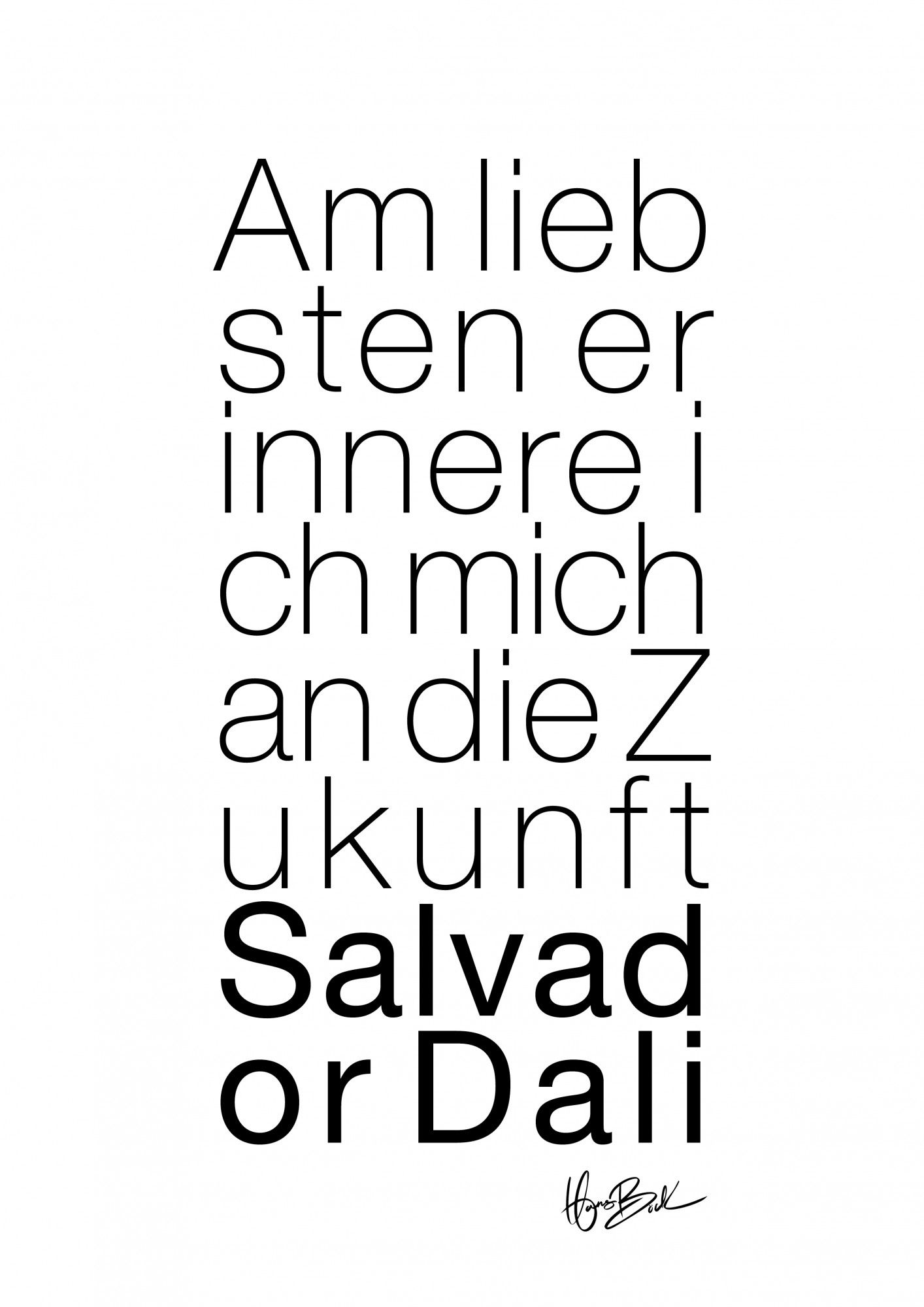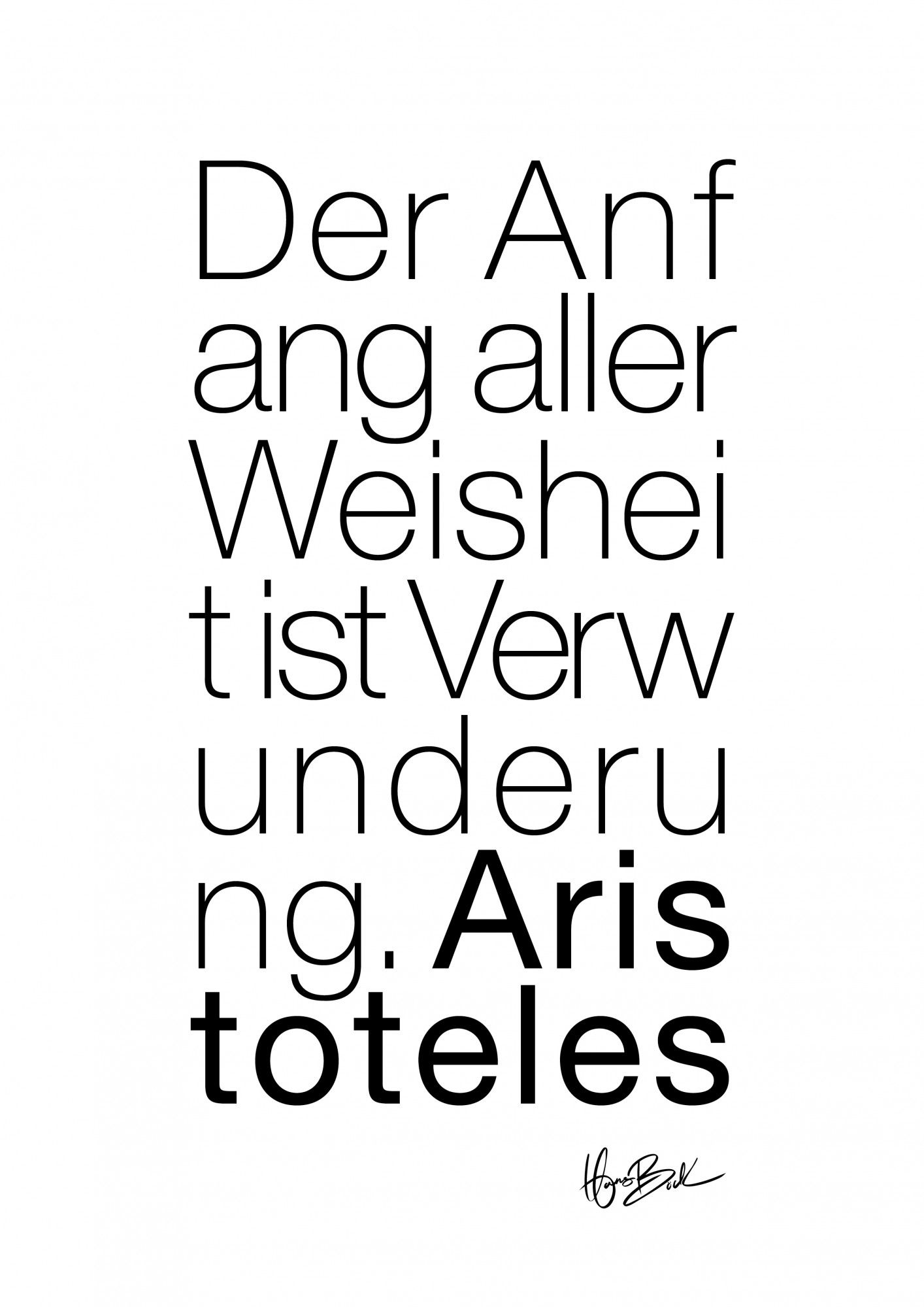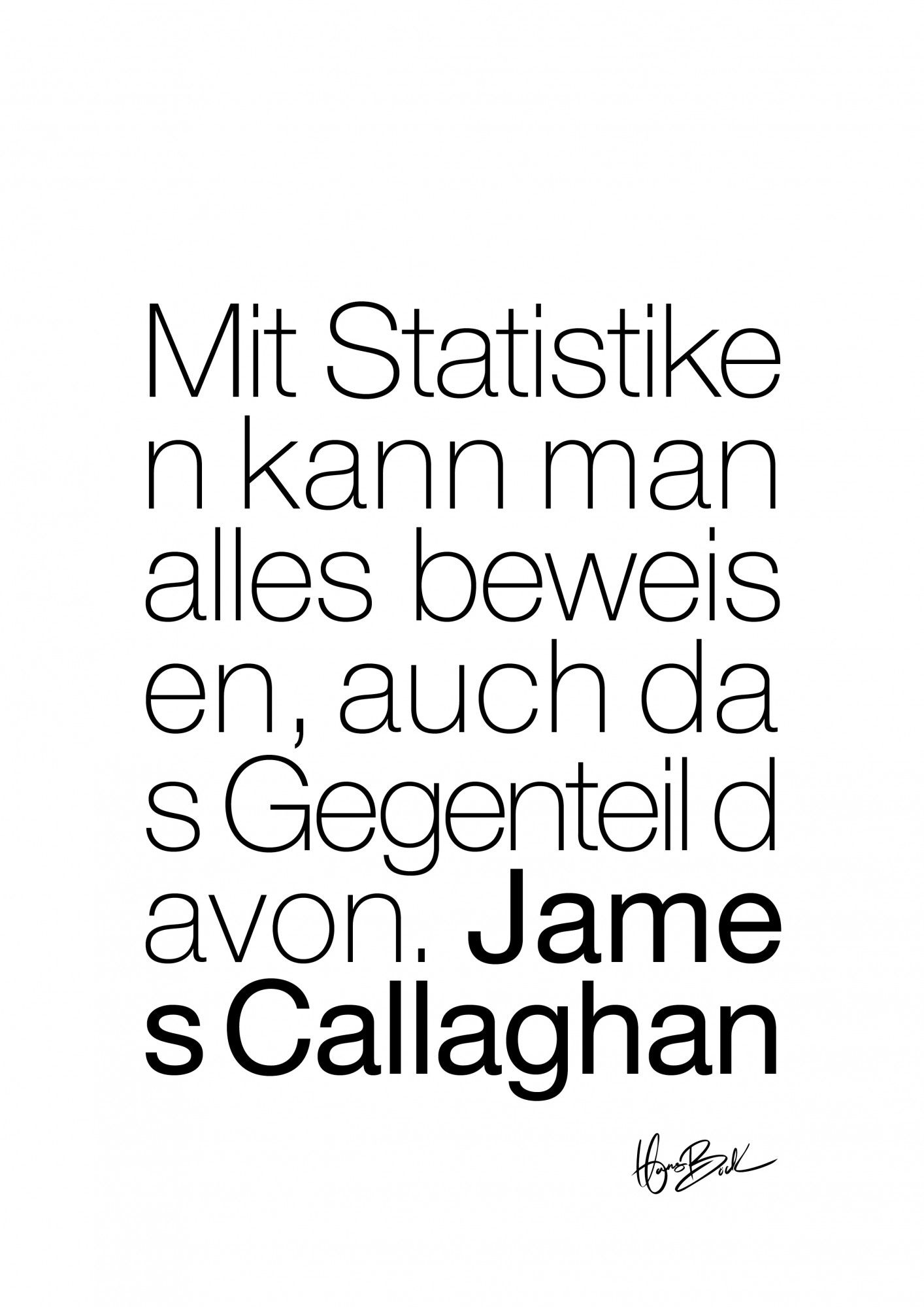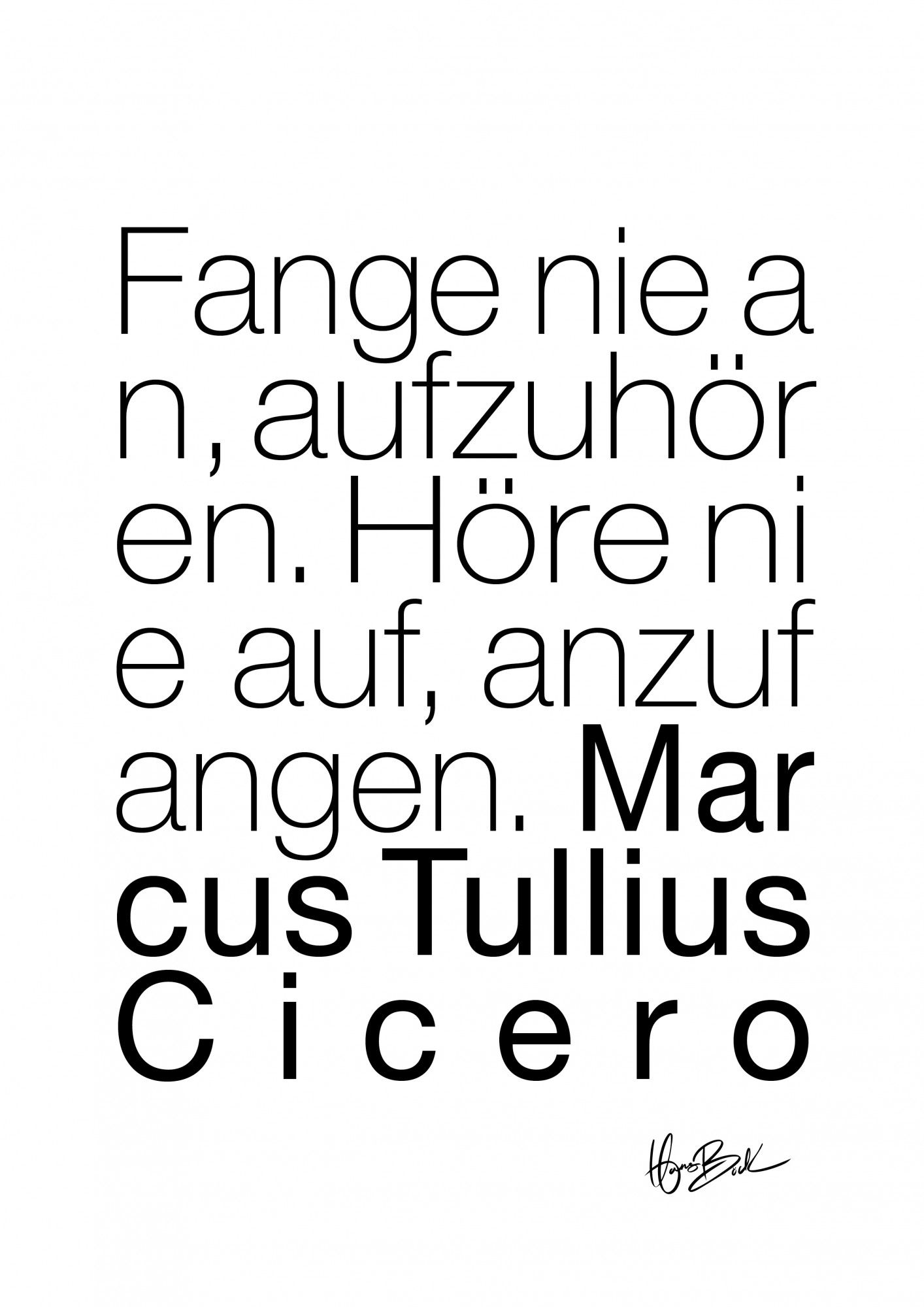Zitate von Niccolò Machiavelli
Ein bekanntes Zitat von Niccolò Machiavelli:
Die Worte, welche lachen machen, sind entweder einfältig oder beleidigend oder veliebt . . ., und die Komödien, in denen diese drei Gattungen von Worten in Menge vorkommen, sind lustig; die, in denen sie fehlen, finden keine Lacher.
Informationen über Niccolò Machiavelli
Staatstheoretiker, Philosoph, Schriftsteller, Historiker, gilt als einer der bedeutendsten Staatsphilosophen der Neuzeit, "Der Fürst", "Discorsi", "Von der Kriegskunst" (Italien, 1469 - 1527).
Niccolò Machiavelli · Geburtsdatum · Sterbedatum
Niccolò Machiavelli wäre heute 555 Jahre, 11 Monate, 29 Tage oder 203.074 Tage alt.
Geboren am 03.05.1469 in Florenz
Gestorben am 22.06.1527 in Florenz
Sternzeichen: ♉ Stier
Unbekannt
Weitere 444 Zitate von Niccolò Machiavelli
-
It must be remembered that there is nothing more difficult to plan, more doubtful of success, nor more dangerous to manage, than the creation of a new system. For the initiator has the enmity of all who would profit by the preservation of the old institutions and merely lukewarm defenders in those who would gain by the new ones.
-
Let no one oppose this belief of mine with that well-worn proverb: 'He who builds on the people builds on mud.'
-
Men are more ready to offend one who desires to be beloved than one who wishes to be feared.
-
Men are so simple and yield so readily to the wants of the moment that he who will trick will always find another who will suffer himself to be tricked.
-
Men may second fortune, but they cannot thwart her - They may weave her web, but they cannot break it.
-

-
Men must either be caressed or else annihilated; they will revenge themselves for small injuries, but cannot do so for great ones; the injury therefore that we do to a man must be such that we need not fear his vengeance.
-
Men should be either treated generously or destroyed, because they take revenge for slight injuries-for heavy ones they cannot.
-
One ought never to allow a disorder to take place in order to avoid war, for war is not thereby avoided, but only deferred to your disadvantage.
-
One who deceives will always find those who allow themselves to be deceived.
-
Only those cities and countries that are free can achieve greatness . . . In free countries we also see wealth increase more rapidly, both that which results from the culture of the soil and that which is produced by industry and art; for everybody gladly multiplies those things, and seeks to acquire those goods the possession of which he can tranquilly enjoy.
-
Prudence consists in the power to recognize the nature of disadvantages and to take the less disagreeable as good.
-
Since, then, a prince is necessitated to play the animal well, he chooses among the beasts the fox and the lion, because the lion does not protect himself from traps; the fox does not protect himself from wolves. The prince must be a fox, therefore, to recognize the traps and a lion to frighten the wolves.
-
So long as the great majority of men are not deprived of either property or honour, they are satisfied.
-
Speaking generally, men are ungrateful, fickle, hypocritical, fearful of danger and covetous of gain.
-
The world has always been the same; and there has always been as much good fortune as bad in it.
-
There are three kinds of brains: One understands of itself, another can be taught to understand, and the third can neither understand of itself or be taught to understand.
-
There is no other way for securing yourself against flatteries except that men understand that they do not offend you by telling you the truth; but when everybody can tell you the truth, you fail to get respect.
-
There is nothing more difficult to take in hand, more perilous to conduct, or more uncertain in its success than to take the lead in the introduction of a new order of things.
-
This leads to a debate: is it better to be loved than feared, or the reverse? The answer is that it is desirable to be both, but because it is difficult to join them together, it is much safer for a prince to be feared than loved, if he is to fail in one of the two.
-
War is just when it is necessary; arms are permissible, when there is no hope except in arms.

























